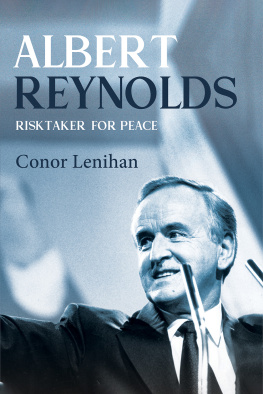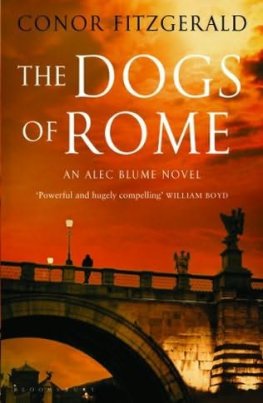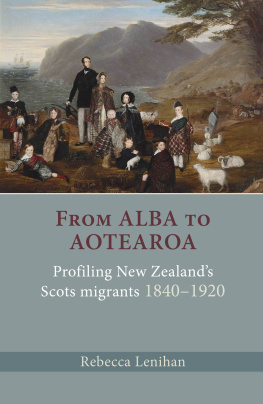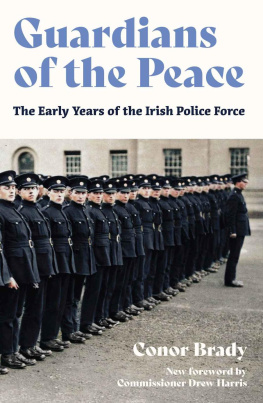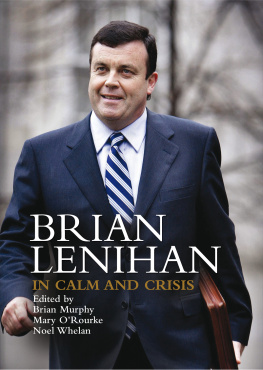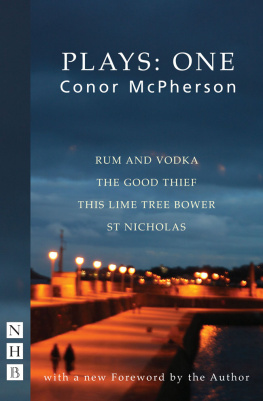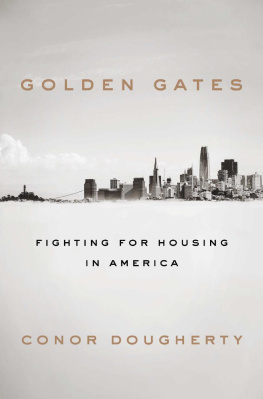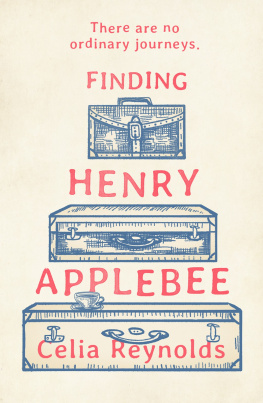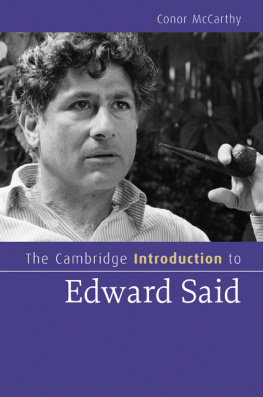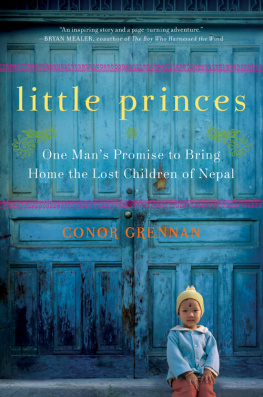First published in 2021 by
Merrion Press
10 Georges Street
Newbridge
Co. Kildare
Ireland
www.merrionpress.ie
Conor Lenihan, 2021
All quotes from Albert Reynolds: My Autobiography by Albert Reynolds published by Transworld Ireland.
Copyright Albert Reynolds 2009. Reprinted by permission of The Random House Group Limited.
978 1 78537 405 0 (Paper)
978 1 78537 407 4 (Ebook)
A CIP catalogue record for this book is
available from the British Library.
All rights reserved. No part of this publication may be reproduced, stored in a retrieval system, or transmitted, in any form or by any means (electronic, mechanical, photocopying, recording or otherwise), without the prior written permission of both the copyright owner and the publisher of this book.
Typeset in Minion Pro 11/15.5 pt
Front cover: Albert Reynolds at the Fianna Fil Ard Fheis, 7 March 1992. ( Independent News and Media/Getty Images).
Back cover: Gerry Adams, Reynolds and John Hume shake hands outside Government Buildings, 6 September 1994. ( PA Images/Alamy Stock Photo)
Cover design by riverdesignbooks.com
Merrion Press is a member of Publishing Ireland.
Preface
During Reynolds period as Taoiseach was so short and intense that many of his immense achievements are, in detail at least, forgotten. The hope is that this book will prompt future scholars and writers to take a closer look at his not insignificant contribution to Ireland in the late twentieth century. Consequently, the focus of this book is on Reynolds public life.
Whilst I knew members of Reynolds family over many years and marvelled at the close family ties that bound them together, despite their fathers prominence in public life, I have not quoted them to any great extent in the book. Much of what they have to say is recorded elsewhere, particularly in Reynolds autobiography, Albert Reynolds: My Autobiography . Throughout this book, I have quoted extensively from it, but, beyond this initial reference, I will not give more specific or repeat details for these quotations. Instead, they will be indicated by a comment in the text, such as in his own words or according to Reynolds.
The autobiography, Tim Ryans book, One Spin on the Merry-go-round by Sen Duignan, and numerous assorted articles have been invaluable in helping I would also like to thank all the people who agreed to be interviewed for the book and, just as importantly, those who gave me advice but, for one reason or another, felt they did not want to be quoted in the text.
On a personal level, I would like to thank the publishers and my cousin Pdraig Lenihan, a professional historian, who made suggestions as I wrote. My wife, Nikita, has put up with a lot while I wrote this during the prolonged Covid-19 lockdown and I thank her greatly. My five children, Brian, Jack, Alexandra, Aoife and Patrick, need no thanks they are my pride and joy.
CHAPTER ONE
Early Years
Rooskey, County Roscommon, is a tiny place sitting beside Irelands largest river, the Shannon. The village is part of Roscommon but is at the conjunction of Counties Roscommon, Longford and Leitrim. These Shannon counties have, historically, been amongst the poorest counties in Ireland. In a Central Statistics Office survey of Irish counties in 2018, Roscommon emerged as the second poorest after Donegal. It was into this county that Albert Reynolds was born on 3 November 1932. His mother, Catherine Dillon, was from the nearby county of Leitrim, the county of origin of the Reynolds clan. As a young woman, she had emigrated to the United States in search of work, like so many others from the impoverished west of Ireland counties. On a return visit to Ireland to see her sister, then living in Rooskey, she met John P. Reynolds, also a resident of the village. They married and settled down.
Albert Reynolds is by far the most famous person to have been resident in the village. The only other person of great note was a Michael Whelahan, who, in 1878, became both captain and co-founder, with a Fr Hannan, of the Scottish soccer club Hibernians. The clubs founders recognised a need among the poor Irish populations living in Edinburgh and so the club was born. The website of the Hibernian Historical Trust gives some background on living in Roscommon at around the time Albert Reynolds father, John, would have been growing up: The Whelahan family was typical among those living in the Western province of Connaught at that time they scratched a meagre existence from the soil. The great famine had traumatic effects on peasant families like the Whelahans, as their communities were decimated and their folk customs, pastimes and Gaelic language lapsed with the increased need to speak English.
The literature about Ireland in the 1940s and 1950s, when Albert was growing up, suggests a rather joyless existence in terms of popular entertainment. High emigration and a low-growth economy seemed to have made Ireland a place that young people wanted to leave. Reynolds himself elegantly described the world and the village of Rooskey in which he grew up following his birth on 3 November 1932:
The main street, although surfaced, was more like a dirt track, ploughed up by the hooves of the herds that passed through on their way to market. Cars were a rarity: there were carts and the odd truck, and the rare bus but mostly you either walked or travelled by bike. A picture of quaint rustic simplicity appears in the minds eye, but it was also a time of great hardship and deprivation. Money and jobs were scarce, houses stood empty and cottages crumbled: sure signs of abandonment where people had been forced to move away, usually to emigrate, in their desperate search for employment.
Alberts father, John, was a hard worker, starting out as a coachbuilder until the arrival of the motor car in the 1950s sounded the death knell for that business. He went on to maintain his family on the strength of a number of businesses. His son, Albert, referred to him as a carpenter, undertaker and auctioneer, and he also owned a small parcel of land, which he farmed. Additionally, he provided a local coach and horse carriage link between the village and Longford town for many years. Whilst this assortment of local businesses kept the family afloat, money was always tight as John and Catherines children Joe, Jim, Teresa and Albert were growing up.
In spite of this, the family offered a wealth of support to the young Albert and his parents remained a powerful example to him throughout his life:
My family have always been the centre of my life, my support and cornerstone. My profound belief in strong family values definitely comes from my mother. She was a purposeful, deeply religious woman, who believed in the value of prayer and a hard work ethic to get you through life, as did my father. They both had enormous energy, a trait I inherited.
Apart from the dedication to hard work conferred on him by his family, Alberts autobiography also gives a strong sense of a childhood enjoyed, as his father switched from building horse-drawn coaches to converting a shed into a basic dancehall where locals from thirty miles around would come to dance. This was Reynolds first taste of a business that would propel him to prominence as the 1950s gave way to the 1960s:
I have distinct memories of these times because as youngsters we were always called upon to sweep and polish the floor so that couples could glide across it more easily. We used buckets of a mixture based on paraffin; I can smell it still, it stayed on your hands for days and was powerful stuff. We were also expected to help out on the farm but I avoided that as much as possible; farming was not for me and Id sneak off while no one was looking.


